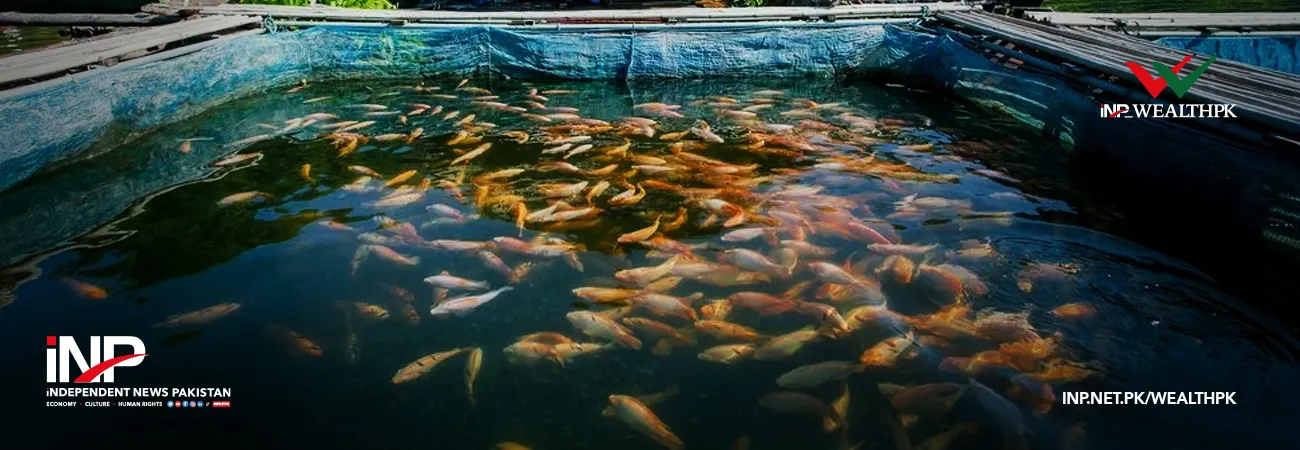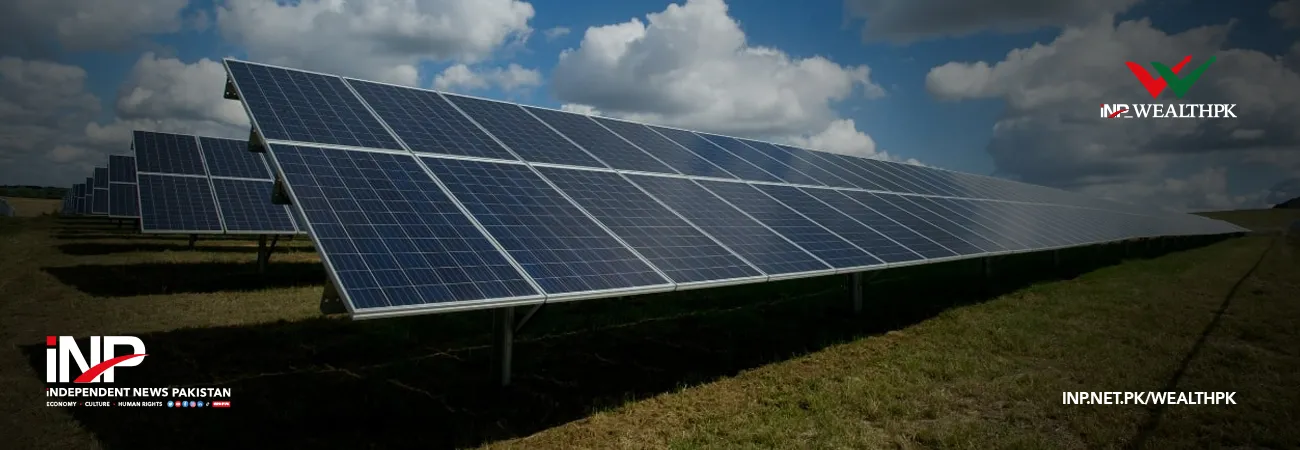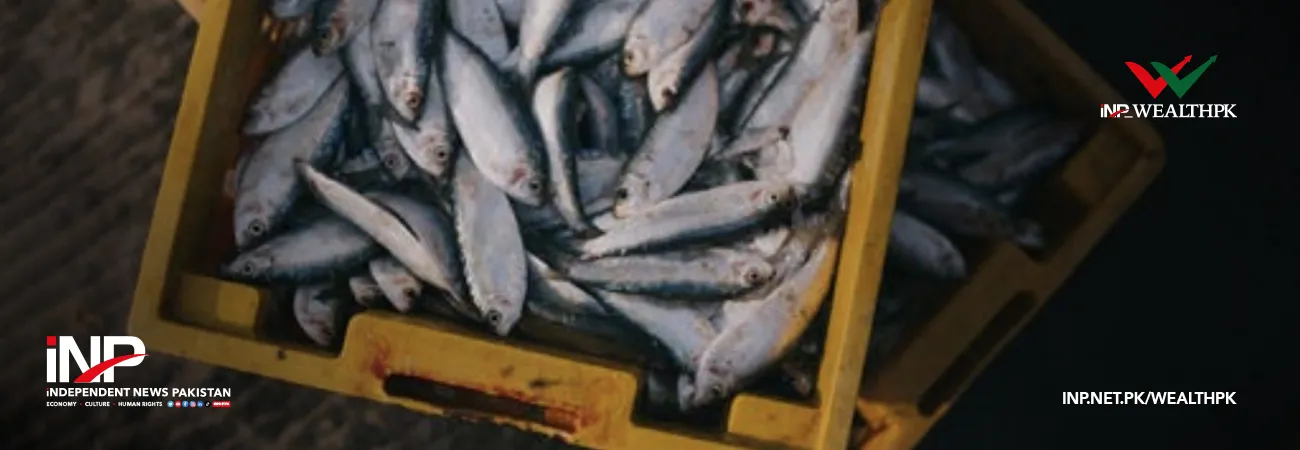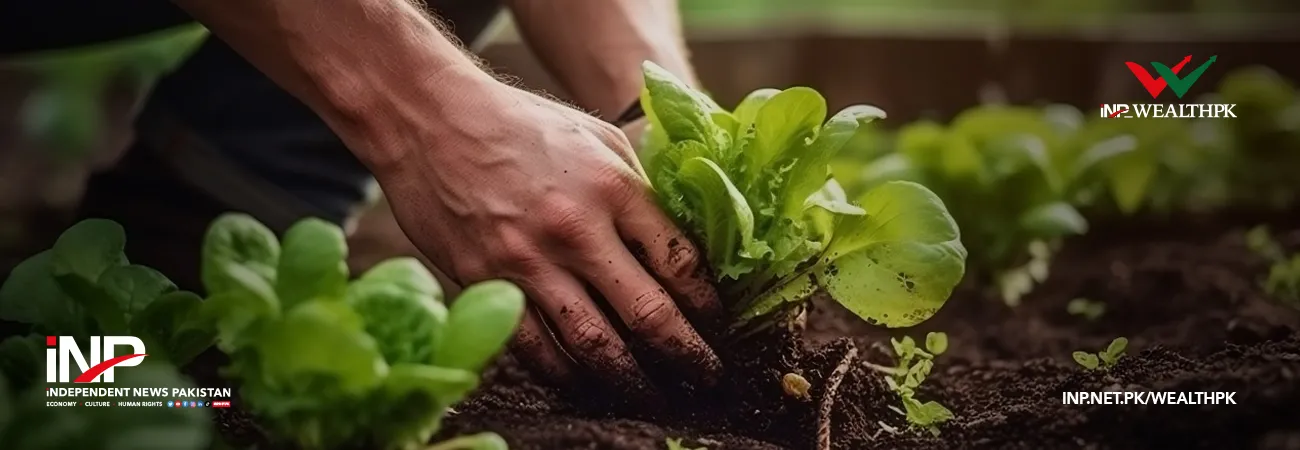آئی این پی ویلتھ پی کے
Azeem Ahmed Khan
Cultivation of tilapia is expected to play a crucial role in meeting Pakistan’s growing demand for seafood while reducing reliance on imports, said Chief Executive Officer of Fisheries Development Board (FDB) Muhammad Junaid Wattoo while talking with WealthPK.
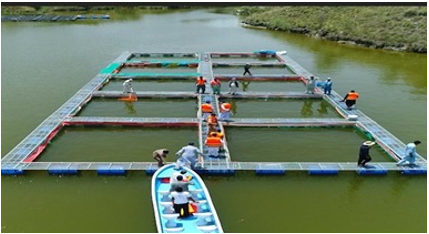
He noted that Pakistan’s aquaculture sector is on a growth trajectory, marked by the introduction of commercially important species such as tilapia, pangasius, and shrimp. Hatchery and feed production infrastructure are also being developed to support this expansion. Wattoo highlighted that local production of tilapia seed and floating fish feed has created new income-generating opportunities for fish farmers, enabling broader participation in the aquaculture industry.
Tilapia farming was first introduced in Pakistan in 2009 with the support of the government of Thailand, which provided seed stock to initiate local breeding. The Fisheries Development Board spearheaded the initiative in collaboration with provincial fisheries departments, hatchery operators, feed manufacturers, fish farmers, and international development organizations.
Tilapia was chosen for its adaptability and fast growth rate, making it an ideal candidate for both pond and cage culture systems in Pakistan's diverse aquatic environments. The primary objective of introducing tilapia farming has been to increase per-acre fish production through modern practices such as cage culture, where fish are reared in floating net enclosures installed in open water bodies like lakes, reservoirs, and rivers.
These cages allow for optimal water flow while containing the fish, simplifying feeding, monitoring, and harvesting. Initially, the FDB imported high-density polyethylene floating cages from Taiwan, which were durable, corrosion-resistant, and easy to handle. Over time, cost-effective versions were developed locally using iron frames and floating drums, making them more accessible to the farmers, he added.
In 2009, the first cage installations were deployed at five major water bodies across the country: Mangla Dam (AJK), Dhurabi Dam (Punjab), Keenjhar Lake (Sindh), Mirani Dam (Balochistan), and Khanpur Dam (Khyber Pakhtunkhwa).
Under the second phase, from 2019 to 2024, the cage culture expanded significantly in Punjab, covering areas like Chashma Barrage, Panjnad Barrage, Taunsa Barrage, Head Qadirabad, Jamal Dam, Dhurabi Dam, Qaboolbandi Dam, and Teenpura Dam. Despite progress, Wattoo pointed out two key challenges facing the tilapia farming sector: timely availability of quality seed and access to the floating fish feed.
Initially, Pakistan lacked domestic hatchery capacity and had to rely on imported seed from Thailand; however, tilapia hatcheries have since been established in Punjab and Sindh, ensuring a more reliable and localized supply. Floating fish feed, a critical component of tilapia farming, also posed a challenge due to its high cost and limited availability, Wattoo tells WealthPK.
The first shipments were imported from the United States, supported by the American Soybean Association. Recognizing the need for cost reduction, the FDB encouraged the development of a local floating fish feed industry, which has now made feed more affordable and accessible, thus improving the sustainability of tilapia farming. To further promote the practice, the FDB organized roadshows to raise awareness and for capacity-building of farmers.
These events brought together experts from the FDB, the American Soybean Association, the Punjab Fisheries Department, and private-sector partners. The topics covered included pond design, seed quality, feeding protocols, and fish health management, he added. In a bid to strengthen the value chain, two private-sector investors have established tilapia processing plants in Punjab. These facilities help ensure the availability of processed fish throughout the year, including off-seasons.
However, there is a need for more such plants to stabilize supply and meet the increasing consumer demand. These initiatives have successfully encouraged the farmers to adopt tilapia farming. With the rising demand for fish protein in Pakistan, the popularity of tilapia hatcheries is expected to grow further, offering both economic and nutritional benefits for the country, said Wattoo.
Credit: INP-WealthPk


